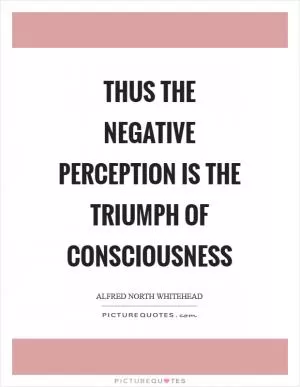No religion can be considered in abstraction from its followers, or even from its various types of followers

No religion can be considered in abstraction from its followers, or even from its various types of followers
Alfred North Whitehead, a prominent philosopher and mathematician, believed that no religion can be considered in abstraction from its followers, or even from its various types of followers. This idea is central to Whitehead's philosophy of religion, which emphasizes the importance of understanding the lived experiences and beliefs of individuals within a religious tradition.Whitehead's philosophy of religion is deeply influenced by his process philosophy, which posits that reality is in a constant state of becoming and change. In this framework, religion is not a static set of beliefs and practices, but a dynamic and evolving system of thought and action that is shaped by the experiences and interpretations of its followers.
According to Whitehead, the essence of religion lies in the personal and communal experiences of individuals within a religious tradition. These experiences are shaped by a variety of factors, including cultural background, social context, and personal beliefs. As a result, no religion can be understood in isolation from its followers, who bring their own unique perspectives and interpretations to their faith.
Furthermore, Whitehead believed that there are different types of followers within any religious tradition, each with their own beliefs, practices, and experiences. These diverse perspectives enrich the religious tradition and contribute to its ongoing development and evolution.
For Whitehead, the study of religion should focus on understanding the experiences and beliefs of individuals within a religious tradition, rather than on abstract theological concepts or dogmas. By examining the lived experiences of followers, scholars can gain a deeper insight into the nature of religion and its role in shaping human culture and society.












 Friendship Quotes
Friendship Quotes Love Quotes
Love Quotes Life Quotes
Life Quotes Funny Quotes
Funny Quotes Motivational Quotes
Motivational Quotes Inspirational Quotes
Inspirational Quotes